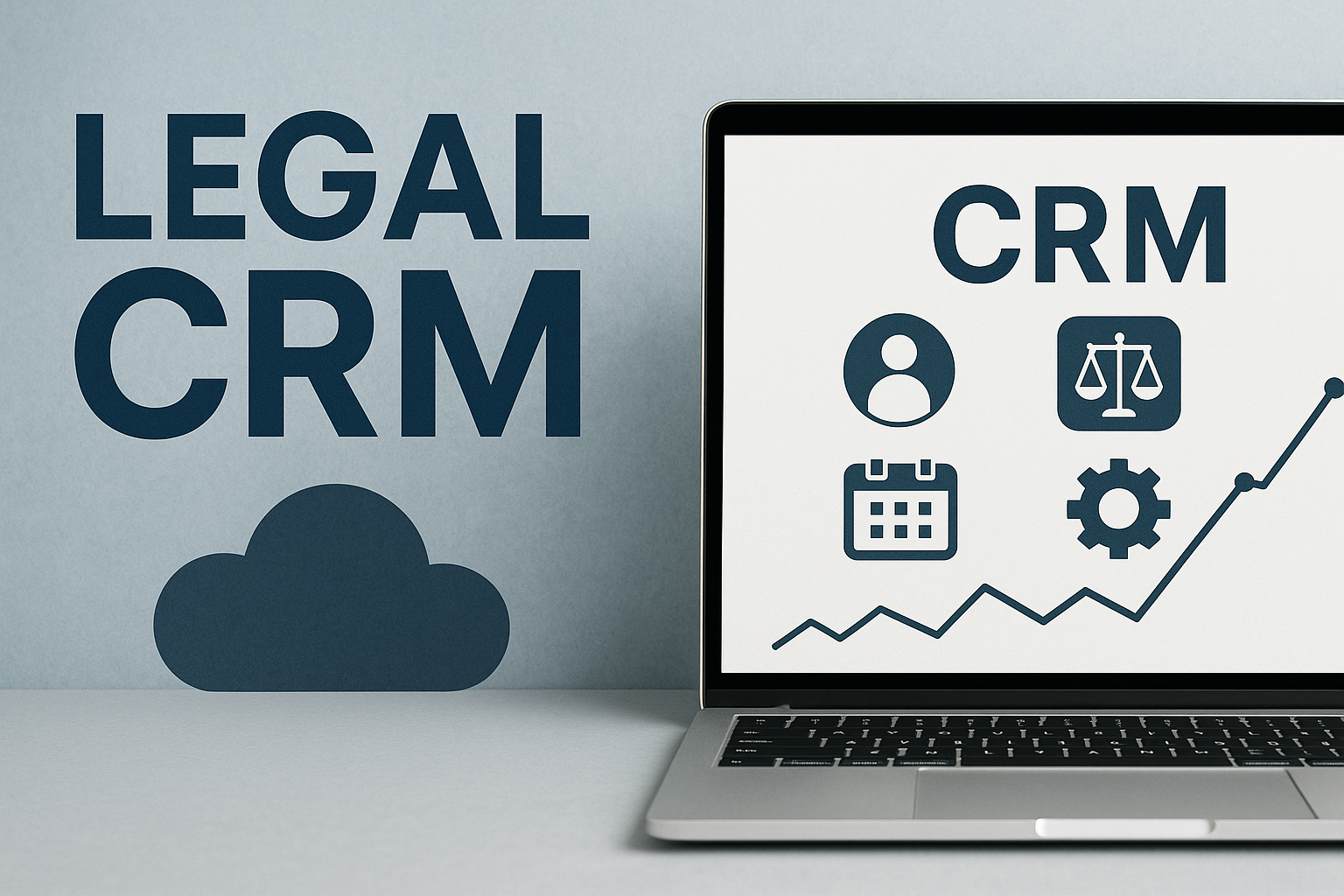Client Relationship Management (CRM) software is no longer just for sales teams. In the legal industry, a well-chosen CRM can help firms track leads, manage follow-ups, and improve client retention. With multiple tools available, it is important to choose a platform that aligns with your firm’s workflow and client service goals. This comparison highlights four popular CRM solutions used by law firms today.
Why a CRM Matters for Lawyers
Unlike basic contact lists or spreadsheets, a CRM organizes all client and prospect interactions in one place. It helps ensure that follow-ups are never missed, intake is streamlined, and marketing efforts are more effective. The right CRM can integrate with your practice management software to reduce duplicate work and centralize information.
Clio Grow
Best for: Firms already using Clio Manage for practice management
- Integrates seamlessly with Clio Manage for a complete intake-to-case workflow
- Offers online intake forms, appointment scheduling, and automated follow-ups
- Provides lead tracking and pipeline views for better conversion analysis
- Price: Starts at USD 49 per user per month
Lawmatics
Best for: Firms wanting advanced automation and marketing tools
- Customizable workflows for intake, onboarding, and follow-up sequences
- Includes built-in email marketing and form creation tools
- Robust reporting for tracking client acquisition and retention metrics
- Price: Starts at USD 129 per user per month
HubSpot CRM
Best for: Firms with in-house marketing teams or broader sales processes
- Free core CRM with paid upgrades for marketing automation
- Highly customizable pipelines and reporting dashboards
- Integrates with legal software via Zapier or custom API connections
- Price: Free basic plan, paid plans from USD 45 per month
Zoho CRM
Best for: Firms seeking flexibility and affordability
- Low-cost CRM with lead scoring, workflow automation, and custom fields
- Can integrate with Zoho Books, Zoho Sign, and other Zoho apps
- Requires more customization to suit legal workflows compared to legal-specific CRMs
- Price: Starts at USD 14 per user per month
Comparison Table
| Feature | Clio Grow | Lawmatics | HubSpot CRM | Zoho CRM |
|---|---|---|---|---|
| Legal-Specific | Yes | Yes | No | No |
| Automation | Moderate | Advanced | Moderate | Moderate |
| Email Marketing | Basic | Built-in | Paid add-on | Paid add-on |
| Pricing (USD) | 49 | 129 | Free to 45+ | 14 |
How to Choose the Right Legal CRM
Start by identifying your firm’s priorities. If you want deep integration with existing legal tools, Clio Grow or Lawmatics may be the best fit. If you are focused on cost and flexibility, Zoho CRM offers strong value. For firms with a dedicated marketing team, HubSpot provides advanced capabilities that can be tailored to legal services.
Always take advantage of free trials or demos before committing. Involve your team in testing and ensure the system feels intuitive. The best CRM is one that your team will use consistently to strengthen client relationships and drive growth.


